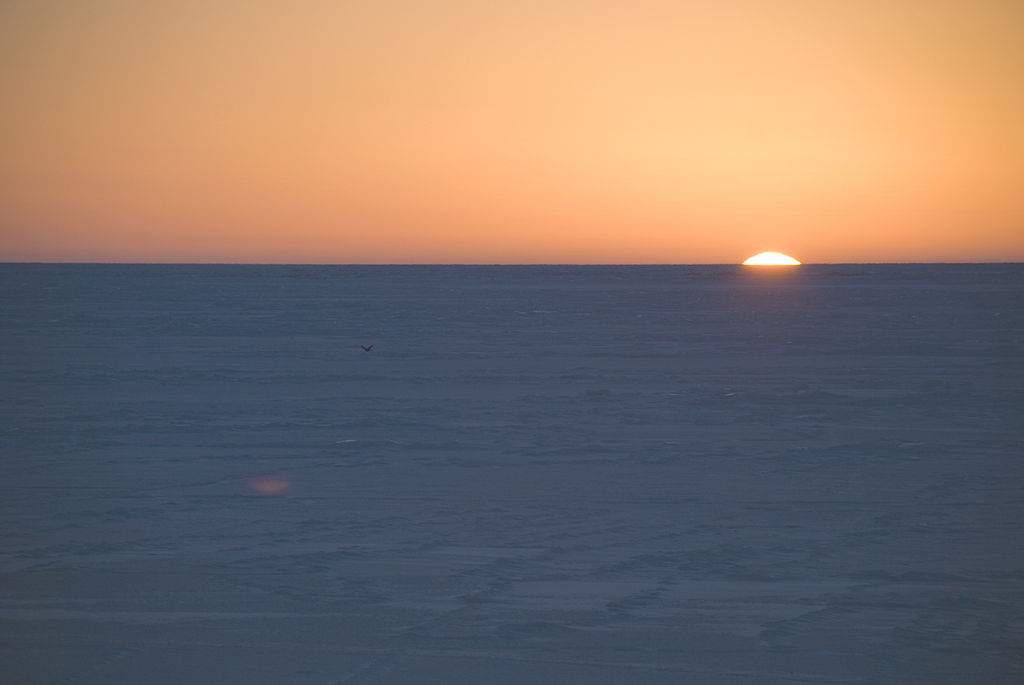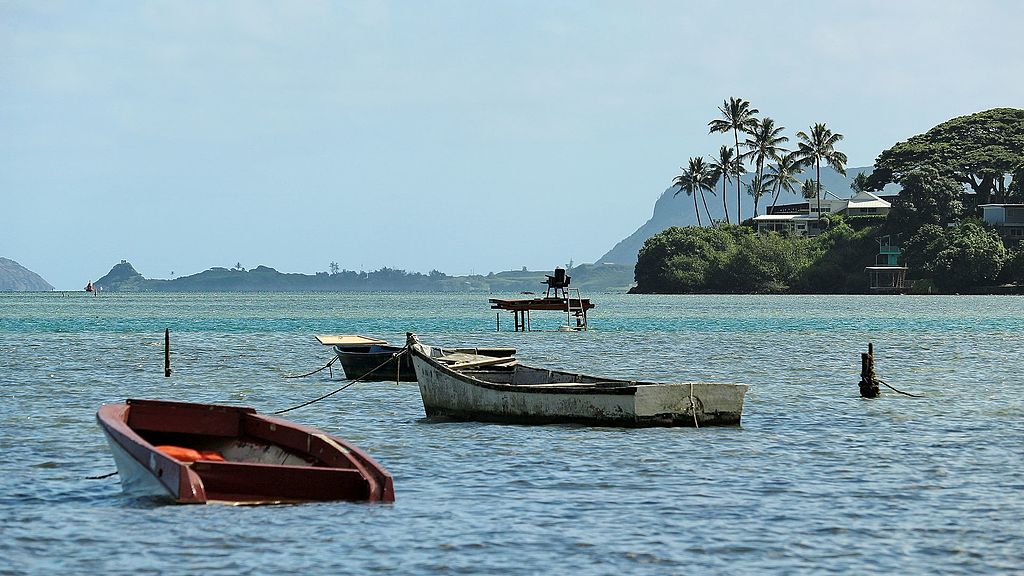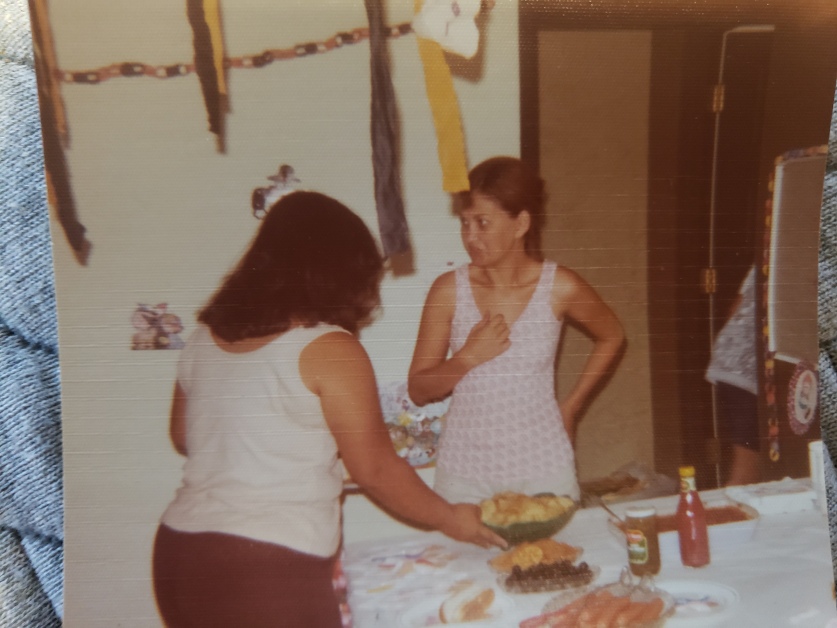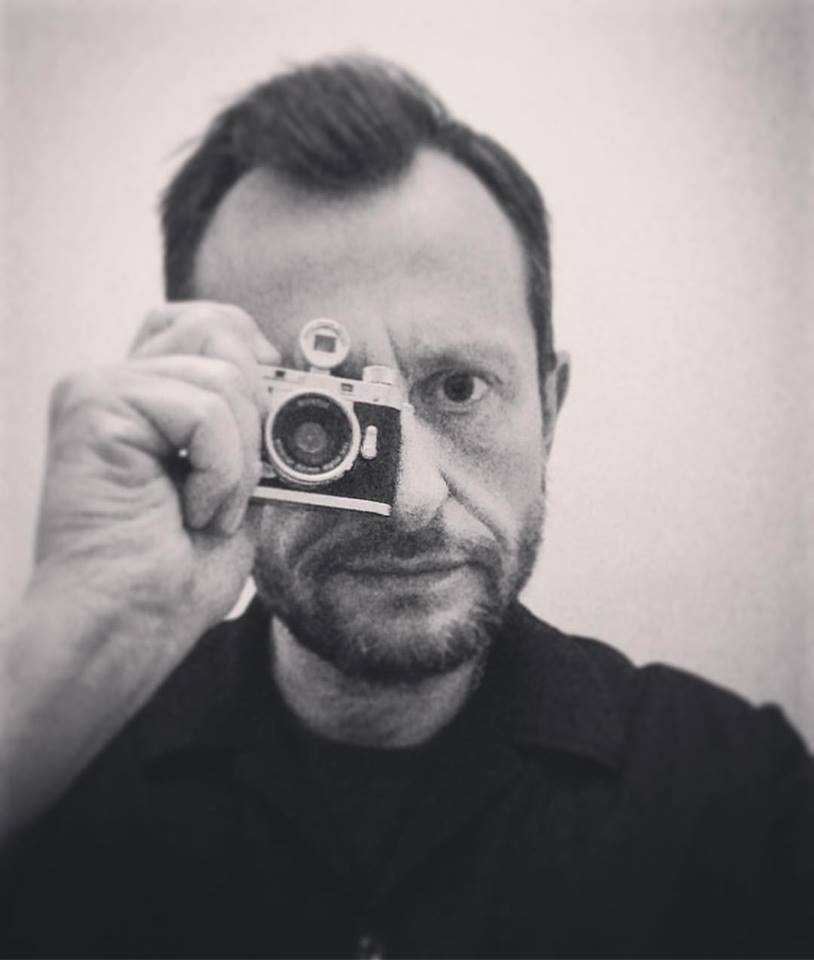I will probably always hate Pacific Northwest winters. I’m getting used to that, which is good I guess, considering I’ve lived up here for almost exactly thirty years.
(Fuuuuck.)
My bones, my body, the depths of my naʻau feel the weight of my unbelonging all year long, but never so much as the weeks before and after the winter solstice. I always thought it was an emotional pull; that grief and homesickness made me react to the darkness the way that I do.. But as I’ve been working with my therapist to actually feel my feelings instead of intellectualizing them, it’s becoming clear that it’s actually the other way around. I physically hurt as the days get shorter. My body aches and fatigue becomes the most uncomfortable blanket in the world. And by mid-December, it feels like I’m on the constant precipice of an influenza that never comes.
It’s ridiculous to be stuck in a 24/7/365 society that doesn’t let us slip into a torpor that comes naturally to a body living above the 47th parallel. I know we can’t actually hibernate, but it doesn’t mean we can’t have dens and cozy and quiet restfulness that is actual rest and not just a quick recharge before the next grindstone day.
People here say that Seattle’s dark five o’clock Decembers are worth the reward of her improbably long midsummer days. And I never know what to say, because in our family all it means is more exhaustion and less routine. Nobody sleeps well enough for six months out of the year, and I don’t know how things work in your household, but over here it is not okay.
I mean, okay, so I objectively love observing the impacts of axial tilt. It’s fascinating and beautiful in its way, and oh my god the why and wherefore science behind it – how literally awesome that we do know so much about our solar system. But my body is not on board with this nonsense and I wish we listened more to our bodies. I wish I was taught how to actually listen to mine. Instead, I’ve wasted all this time feeling somehow broken.
Now that we’re past the depth of night, the very worst of the darkest of days, I should start feeling the relief of equilibrium. As we trudge slowly, coldly, through the bah-humbug of winter, something will just as slowly shift in me. In less than three months’ time, the planet will be in just so in her orbital plane. I will, for a few grateful weeks, feel the least amount of disgruntled I can feel way up here where I’ve never belonged.
I know that the success of humanity is due to our ability to adapt to different environments and settle across the entire globe. I know people have voyaged far from home and have put down roots where they’ve landed. I know that’s what I’ve done and what I’ve been doing up here these past three decades. And, yeah, I know that the roots I have here are good and my life is good and I am not exactly as mad as I have been in years past to be so far from my ancestral homelands. But I also know how deep this displacement feels, how physical this homesickness actually is. I’m not just sad to be living on the continent. I don’t just want to go home. I ache with a strangeness in my entire being, and managing that aching is part of the work I must do if I want to thrive.
Nobody told me how much work it would be to be a voyager. I wasn’t prepared to believe it was only sadness that kept me bereft and unmoored. I probably would have gone exploring anyway. I was nineteen when I left and that’s what nineteen is for: to make rash decisions and release yourself from safe harbors. Maybe I would have traveled even farther had I known the ache in my body is part of my compass, pointing me to where I was born and where I belong. The ache tells me I can never be lost; that I carry star charts within me that will always point me back to the harbors I never actually abandoned.
I think this is why ancestors everywhere have marked our place in the heavens. Kept track of the sun and the stars and our fun-sized place within it. It wasn’t to tell us where the sun was, but to tell us where we were on this strange journey of our large-scale homeland. Explain to ourselves, and to our children, why we feel certain ways at certain times. And how much longer until we come out the other side.
So here we are, past the dark of solstice. Hurtling towards the light of equinox. For some weeks more my body will ache and I will feel the quiet despair of winter. But then will come the respite of springtime, complete with new green leaves and the gahonk gahonk of Canada geese overhead. It won’t last forever, or, as far as I’m concerned, even long enough. But it will come, that much I know is true.
And when it does, I will be here to meet it.
image credit: “Winter Solstice noon sunrise on the Bering Sea” via Wikimedia Commons



